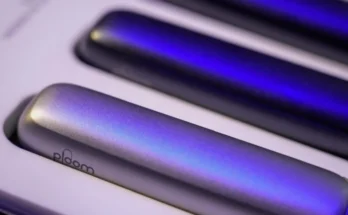Her name is Parana. He’s my age, in my children’s books. I can still see him, wearing a loincloth and fishing with a spear while his mother prepared a plate of cassava for him. They said he was a “Little Indian.” My father told me that they were killed to steal their land. And I cried.
Today, at COP30 in Belém, I found it on display. He is now called a “native”. Words change, not fate. The environment was destroyed, the trees in the forests were cut down, the rivers were poisoned. And I always want to cry.
Parana is still my age, but she is already an adult. Meanwhile, the world is getting smaller. Not in size, but in human values, in compassion, in clarity. Suddenly I felt like the last 60 years had been in vain. For decades, I have worked to show that there are thousands of environmentally friendly and economically beneficial innovations, across all sectors – and they make the transition not only possible, but desirable.
Many people feel frustrated with the unsustainable state of the world. So do I: because besides seeing the damage, I also see the unused solutions. Things that could trigger a different paradigm: qualitative economics and finally enlightened capitalism, which creates value while respecting planetary boundaries. A new software whose success is not only measured by its performance, but also by the attention it provides to humans.
And that’s probably what annoys me the most. Solutions – technological, political and economic – exist to protect Parana and its forests. Yet they remain prisoners of a system that prefers immediate profit over regeneration. But nothing business model cannot restore the dignity of a nation that was erased in the name of growth. As long as greed trumps compassion, no amount of innovation will be enough.
Plus, as I write this, police are suppressing protests by indigenous communities defending their land from oil extraction. One of the spokespeople, still panting and sweating, said to the camera: “Money can’t be eaten.” It’s all said.
However, amidst this disappointment, signs of hope emerge. One of the main new features of COP 30 is the Tropical Forest Facility, which aims to show that conserving tropical forests can be an investment for the future. By mobilizing private capital for viable protection and regeneration projects, it aims to prove that saving is more profitable than destroying.
Moving from emotion to action is the only way. And whatever some may say, the transition is well and truly underway. However, it still needs to be done with humanism.
I want to believe Parana can still be saved. Not out of pity, but through a vision of progress that unites profitability and responsibility, innovation and respect.
Saving the Amazon is not an act of charity – it is an act of survival.
Because deep down, it’s not just Parana who needs to be saved. That’s us too.


